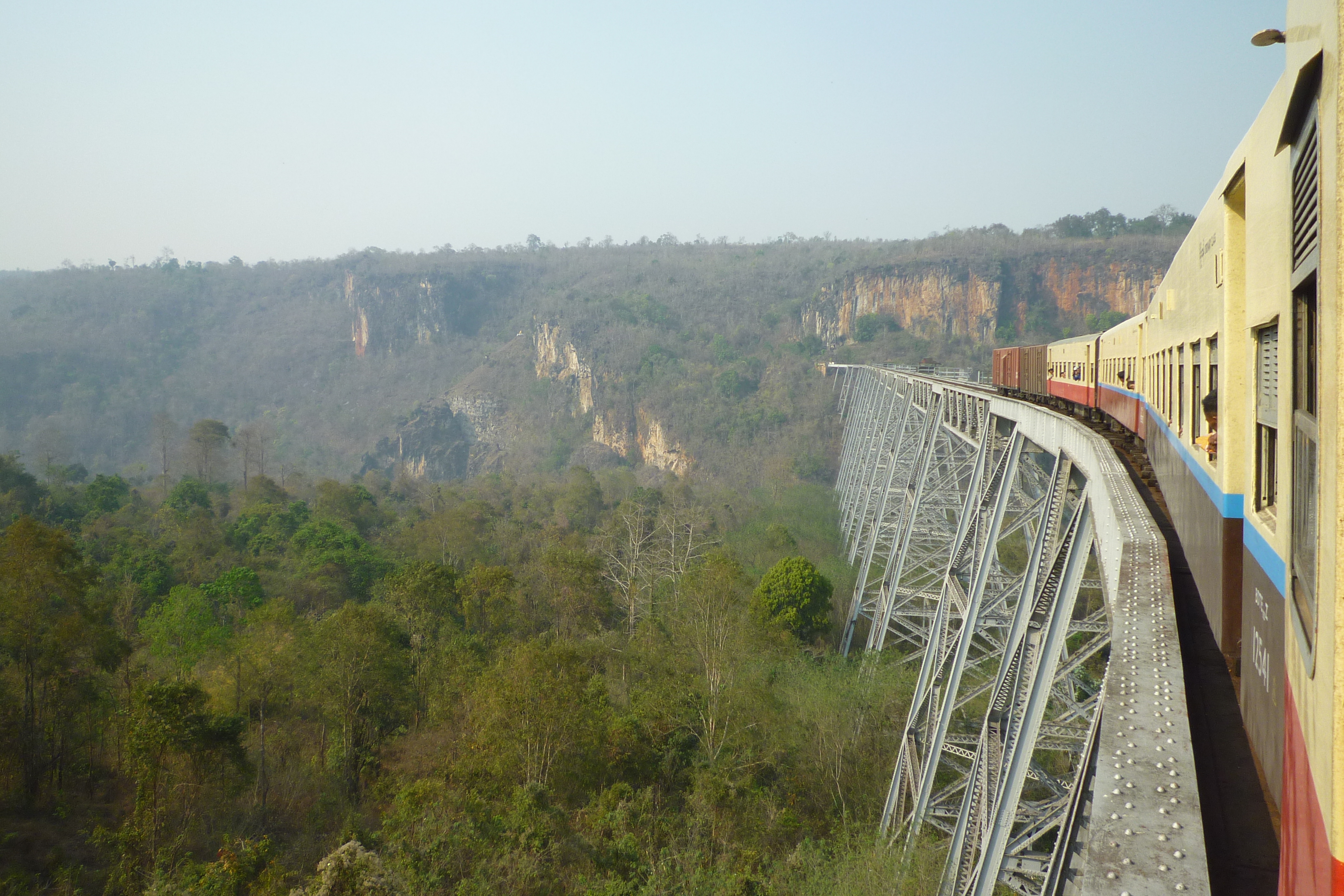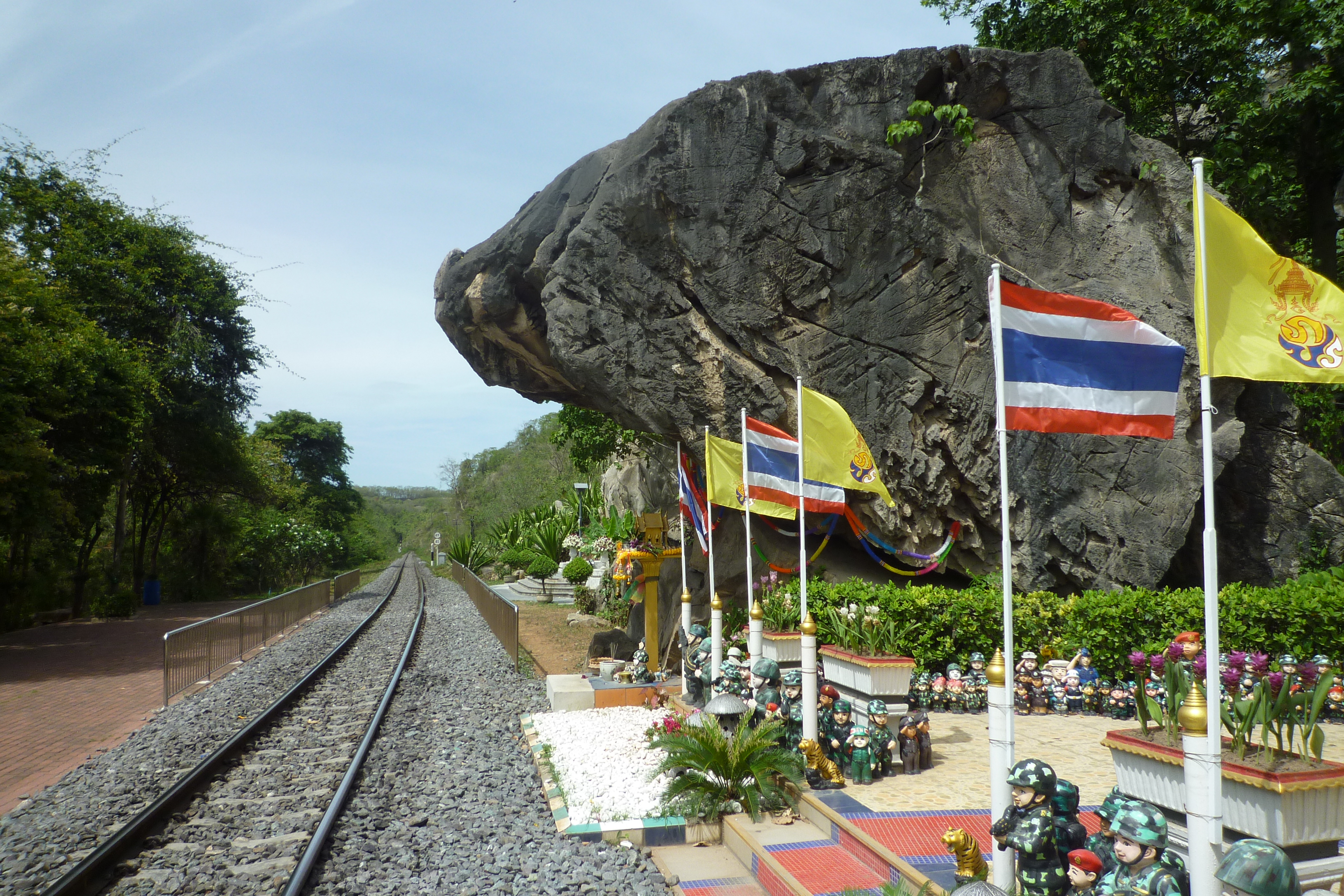- Project Leader : Nishimura Takeshi (Kansai University, Faculty of Economics)
- Collaborators : Ota Atsushi (Keio University, Graduate School of Economics)
- : Okada Masashi (Osaka University, Graduate School of Letters)
- : Kakizaki Ichiro (Yokohama City University, International College of Arts and Science)
- : Kanda Sayako (Keio University, Graduate School of Economics)
- : Kitagawa Katsuhiko (Kansai University, Faculty of Economics)
- : Goto Kenta (Kansai University, Faculty of Economics)
- : Kobayashi Atsushi (Osaka Sangyo University, Faculty of Economics)
- : Shiroyama Tomoko (The University of Tokyo, Graduate School of Economics)
- : Shimada Ryuto (The University of Tokyo, Graduate School of Humanities and Sociology)
- : Sugihara Kaoru (National Graduate Institute for Policy Studies, Graduate School of Policy Studies)
- : Taga Yoshihiro (Osaka University, Graduate School of Letters)
- : Taniguchi Kenji (Osaka City University, Economics Education and Research Center, Graduate School of Economics)
- : Masaki Toyomu (Kanazawa University, College of Human and Social Sciences: School of Economics)
- : Mizuno Kosuke (Kyoto University, Center for Southeast Asian Studies)
- : Miyata Toshiyuki (Tokyo University of Foreign Studies, Graduate School of Global Studies)
- : Murakami Ei (Kyoto University, Institute for Research in Humanities)
Outline of Research
In the first year, we invited researchers of African, Chinese and Indian studies, as well as to those of the Southeast Asian economic history, to report at the seminars of this research project. They gave us very beneficial suggestions. In the second year, we plan to discuss Southeast Asian economic history in the context of global history. Similar to the first year, we plan to analyze mainly primary source materials. It is our plan to hold seminars at least twice in the second year. Finally, each participant is expected to incorporate the findings from these seminars into his or her work.
Description
Studies of Southeast Asian economic history are diversifying quite rapidly in terms of the cases, regions, and eras that researchers focus on. In the past, for example, a specific region was selected as a subject of study without giving heed to regions out of the researcher’s area of expertise. This approach is becoming more rare. Today, the whole Southeast Asia region is regarded as an “entity” to be considered within the context of the global history and to be compared with other regions in order to identify its special traits. We plan to bridge the studies of Southeast Asian economic history with the economic histories of other regions that are deemed to be more advanced. In other words, we provide an overview of the Southeast Asian economy from a broader perspective of world history.
It is said that territorial control intensified in Southeast Asia starting from around the 1870s, during which time the regional economy was restructured as a colonial economy. However, this did not simply mean that Western powers absorbed the regional economy into the colonial economy, but rather, as some recent research maintains, each of the regional economies responded to the impact of colonization by expressing its own autonomy.
In the second year, we will explore the Southeast Asian economy from the viewpoint of global history much further, and at the same time, we will continue to promote the analysis of primary source materials. We hope that this project will prove to be the beginning of a further development of the study of Southeast Asian economic history.


